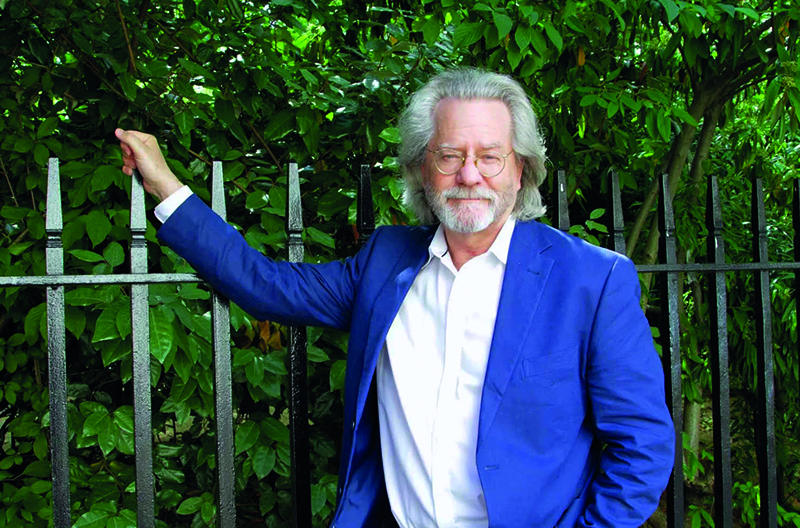Why we should put our faith in our fellow humans

When people hear the phrase ‘the good life’ they think of one of two things: partying, or piety. Until about 100 years ago, the latter was the usual meaning. In the years after 1919 the emphasis began to change; by the 1960s it was decidedly the former, and has stayed that way ever since.
Personally I think that is a good thing. But there is a third meaning which has even more to recommend it – not least because it includes partying (and excludes piety) but goes far beyond it. In this third sense it means a life that feels good to live, a worthwhile life of progress, achievement, enjoyment and engagement – and above all, with good relationships at its heart.
ETHICAL THOUGHT
This is the good life as conceived by humanism. Humanism is a non-religious view about the value of life. Its roots lie in the tradition of ethical thought that began with the philosophers of classical antiquity, chief among them Socrates and Aristotle. This might make it sound forbidding and overly-intellectual, but it is not: on the contrary, it is a practical, common-sense, grown-up view which has no ‘Thou Shalt’ or ‘Thou Shalt Not’ in it, indeed no dogmas and commandments at all. Instead it encourages an attitude, and it offers three brief but fundamental pieces of advice.
BE RESPONSIBLE
The attitude it encourages is that of viewing our fellows in humankind (and also, in my view, animals) with generosity and sympathy, according to the best understanding we can achieve of nature, human nature, and the human condition.
The advice it offers is: think for yourself, take responsibility for your own choices and actions, put to work the irrefutable truth that courtesy and kindness make the world a better place.
And that’s it. But of course both the attitude and the advice are rich in significance.
We sometimes find it hard to be generous and sympathetic to others, because of the conflicts caused by history, politics, religion and other sources of division. Knowing history and reading literature can teach us much about the human condition, but understanding human nature in all its diversity and sometimes strangeness is harder. Yet it is plain that the effort to be generous and sympathetic makes us, and our own and others’ lives, better.
Thinking and choosing for oneself takes effort too, but the alternative is living someone else’s idea of a good life.
WHAT IS LIFE?
Oscar Wilde once said: ‘Most people are other people. Their thoughts are someone else’s opinions, their lives a mimicry, their passions a quotation’; that is not how to be.
Too many people are afraid to think for themselves and instead rely on conformity and tradition.
Instead one should see that the answer to the question What is the meaning of life? is simply: the meaning of your life is what you make it. There is no one-size-fits-all ‘meaning of life’ for everyone; the humanist insight is that meanings are individual, and have to be created.
And creating it is what makes life good.
Read more: How to be kind to everyone








